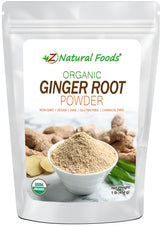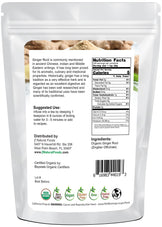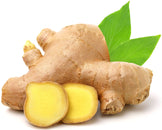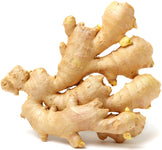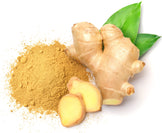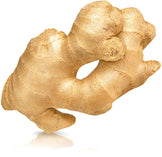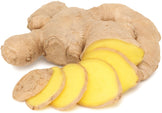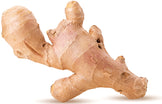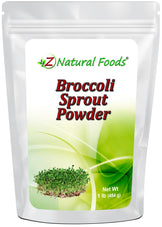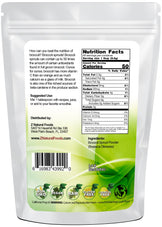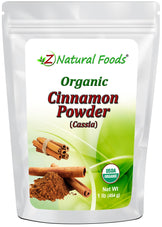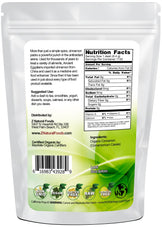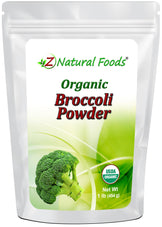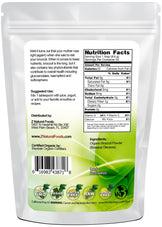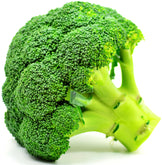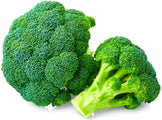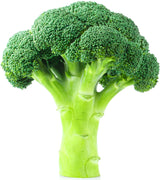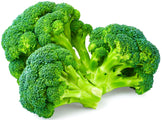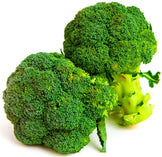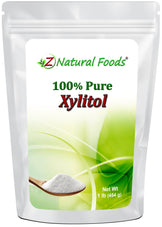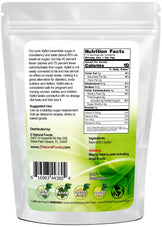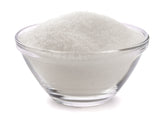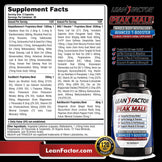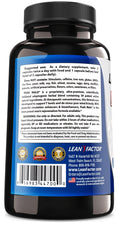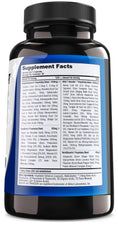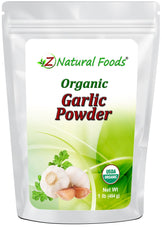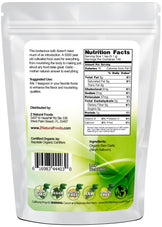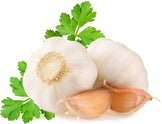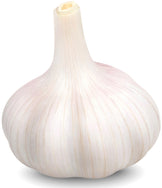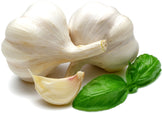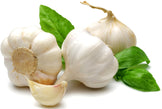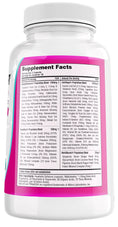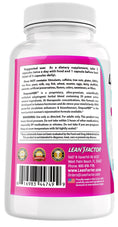H. pylori

In Western medicine, Helicobacter pylori (H. pylori) is identified as a bacterium that incites inflammation and ulcers in the stomach and small intestines, primarily transmitted through direct contact with saliva, stool, and vomit (Malfertheiner et al., 2017; Gastroenterology). The bacterium becomes pathogenic through a series of steps, such as survival in stomach acid, movement toward epithelial cells, attaching via adhesins, and ultimately causing tissue damage through toxin release (Cover & Blaser, 2009, Journal of Clinical Investigation). In contrast, Traditional Chinese Medicine (TCM) attributes the condition to a Spleen imbalance, specifically an invasion of pathogenic Qi and a deficiency in vital Qi (Xia et al., 2011, Chinese Journal of Integrative Medicine). TCM also suggests damp-heat conditions in the spleen and stomach, which provide a conducive environment for bacterial growth. Disharmonies can manifest in five patterns: spleen and stomach deficiency, damp-heat, stomach Yin deficiency, liver-stomach discord, and blood stasis in the stomach.
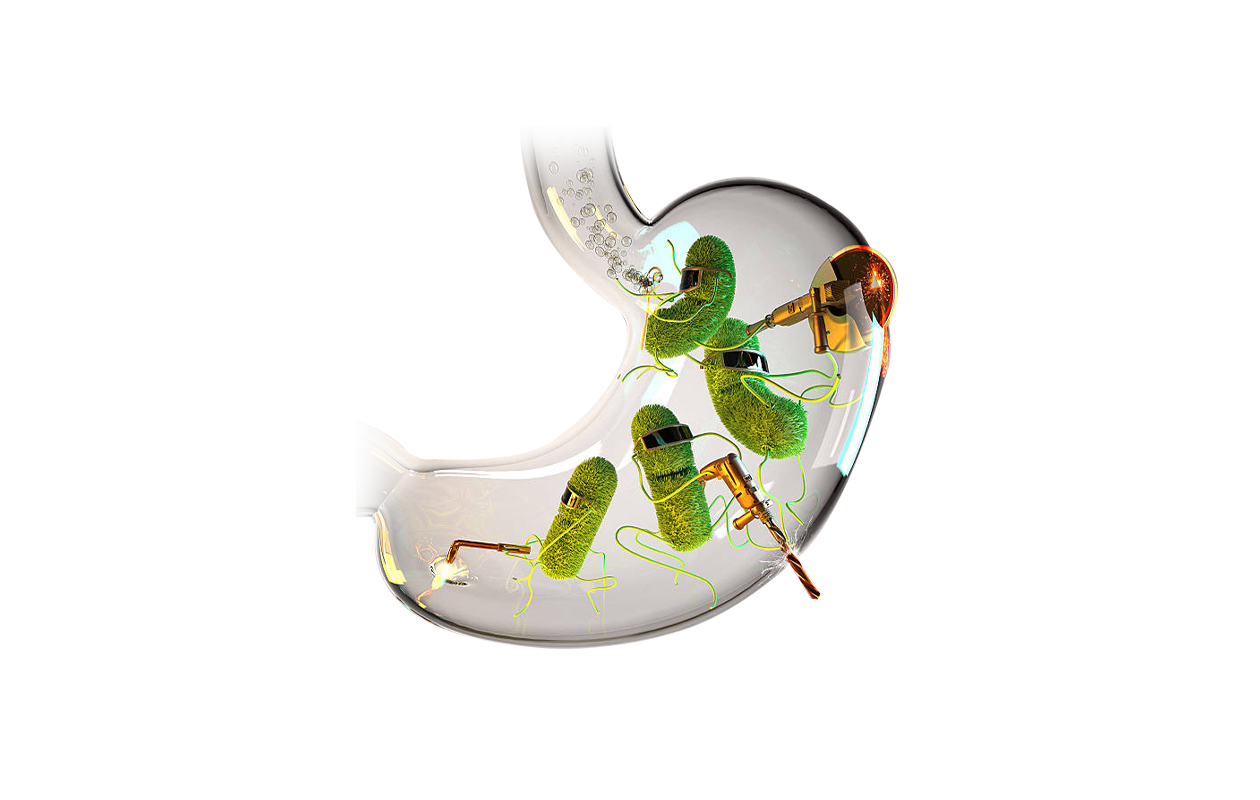
Categorieswhen you select any items page will be refresh and focus will be move out of the page
Health Concerns
Ginger Root Powder - Organic
Organic Ginger Root powder is derived from the root of the ginger plant, a perennial flowering plant native to Southeast Asia. ...
Current price$13.99
Broccoli Sprout Powder
Broccoli sprout powder is a superfood that has recently gained popularity. It is made from the ground-up, dried sprouts of Bras...
Current price$34.99
Cinnamon Powder (Cassia) - Organic
Cassia Cinnamon powder is derived from the inner bark of the cassia tree, which is native to Southeast Asia. It has been used f...
Current price$11.99
Broccoli Powder - Organic
Broccoli powder is made from dried and ground broccoli, a vegetable that has been around for thousands of years. It was first c...
Current price$14.99
Xylitol - 100% Pure
Xylitol is a sugar alcohol naturally derived from plants, corn, birch, and other hardwood trees. Originating in Finland in the ...
Current price$7.99
Peak Male - Ultimate Men's Health For...
PEAK MALE®: An Advanced, Natural T-Booster & Men's Health Formula Incorporating a potent blend of adaptogenic herbs, vitami...
Current price$69.99
Garlic Powder - Organic
Organic garlic powder has been around for centuries, first appearing in ancient Egypt, India, and China. It was used to flavor...
Current price$13.99
EmpowHER - Ultimate Women's Health Fo...
EmpowHER is a natural anti-aging formula that targets STRESS . . . because nothing ages you faster than STRESS. EmpowHer is a c...
Current price$69.99
Feel Better. Look Better. Be Better.
Get on the list for actionable Health & Nutrition advice every week.

